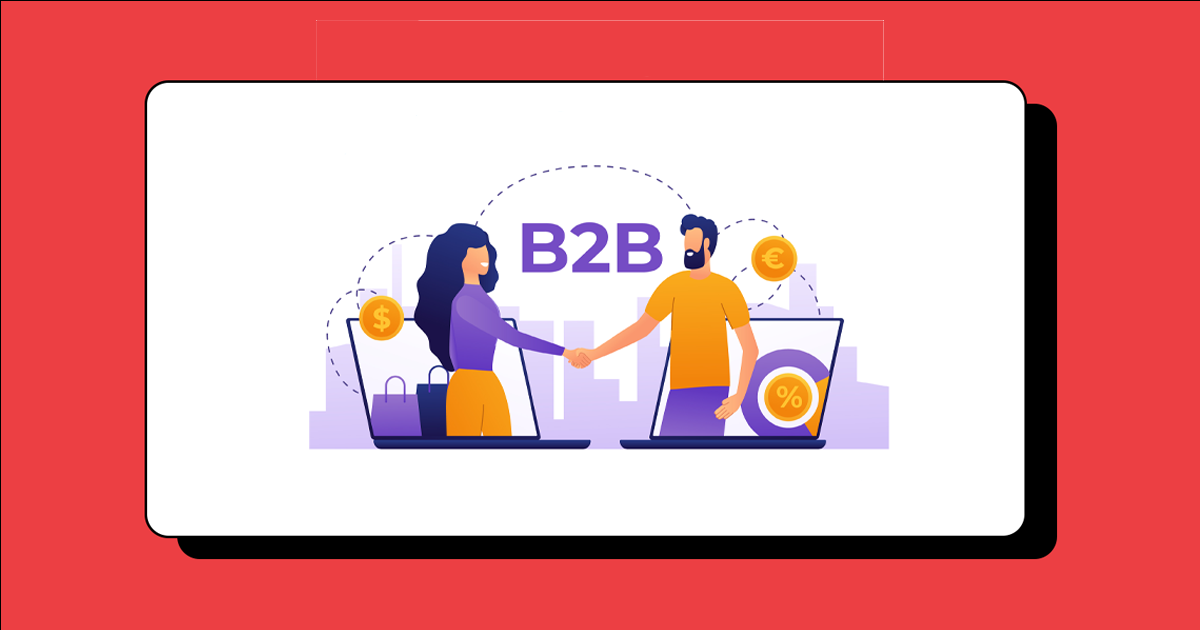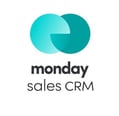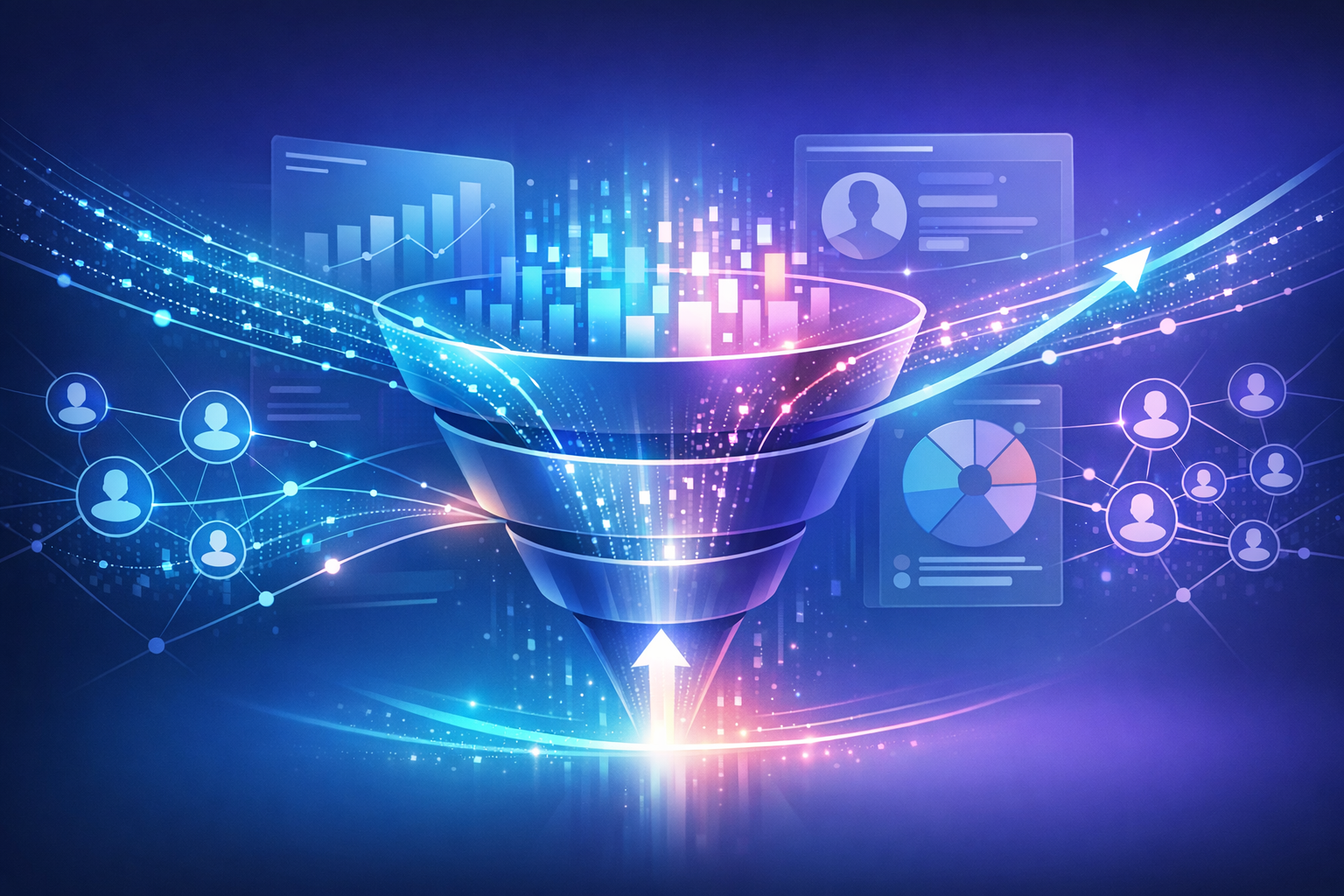What Is Marketing Automation?
Ever wondered how businesses can work smarter, not harder when it comes to marketing? Well, that's where the power of marketing automation comes in! It's like having your own marketing superhero that takes care of the boring, repetitive stuff so your team can focus on creative parts.
So, what exactly is marketing automation? It's this fantastic set of tricks and tools that helps businesses automate, organize, and understand all the nitty-gritty details of marketing. Imagine a world where your marketing team not only gets things done faster but also has more time to whip up awesome content, smash marketing goals, and close deals like pros.
Jumping on the automation train isn't just a good idea—it's a game-changer for any savvy business. It's like giving your marketing strategy a turbo boost.
To make the most of marketing automation, you'll want to mix in some top-notch software and web-based solutions. Think of them as the robust tools that let your marketing team do what they do best—without getting bogged down by the small tasks. It's the key to staying ahead and making waves in the business world.
You can also compare these powerful CRM systems:
Revolutionizing B2B Success: The Advantages of Marketing Automation Platforms
In B2B businesses, marketing automation platforms are indispensable tools, delivering a host of benefits that ultimately translate to saved time, cost-effectiveness, and resource optimization, all while fueling customer growth and revenue enhancement. Let's dive into the key perks that come with leveraging these automated tools for marketing:
1. Marketing and Sales Harmony
Picture a world where your marketing and sales teams are on the same wavelength. Marketing automation tools create this harmonious synergy by aligning the goals of both departments. The intuitive workflows and insightful reporting capabilities of the software identify and resolve bottlenecks, allowing for smoother collaboration and freeing up time for more meaningful tasks.
2. Elevated Conversion Rates
Thanks to the wealth of insights provided by marketing automation software, your marketing team can hone in on the most promising prospective clients. With comprehensive data, these tools enable targeted lead scoring, resulting in a notable boost in conversion rates. It's all about precision and efficiency in your marketing strategy.
3. Masterful Data Management
As your list of current and potential customers grows exponentially, managing diverse data sets becomes a difficult task. Use B2B marketing platforms, as your solution to this data deluge. These platforms empower you to organize and group data according to your unique marketing needs, ensuring efficient and targeted engagement.
4. Lead Nurturing
These software services enable you to craft a myriad of campaigns, track user interactions with your content, and trigger actions based on prospective customer behavior. In simpler terms, it's about delivering the right content to the right audience, paving the way for lead generation, and nurturing that nudges prospects toward confident purchasing decisions.
5. Precision in Reporting
B2B automated marketing platforms bring a new level of sophistication to reporting. With these tools, you gain the ability to meticulously measure and analyze your digital marketing initiatives. Uncover the secrets of your most successful campaigns and pinpoint where your strategic focus should be for optimal results.
[Related article: What Is Marketing Automation? Definition & Importance of Marketing Automation Solutions]
The Digital Marketing Automation Dilemma: Is It Right for Your Business?
Some businesses decide to buy marketing automation platforms because of their status as the latest buzzword. However, before diving headfirst into the realm of automation tools, it's crucial to pause and ask: Do you really need it just yet? Surprisingly, adding these platforms prematurely can be more detrimental than beneficial.
In our experience, businesses should be careful and evaluate whether they meet certain prerequisites before implementing digital marketing automation. Here are three key indicators that suggest you might be ready:
- Dedicated Marketing Personnel:
Do you have at least one person solely devoted to marketing within your team? While automation can enhance your marketing efforts, it can't replace the fundamental know-how of a dedicated marketer. If you find yourself wearing multiple hats, including marketing, and believe an automation tool will magically free up your time, think again. A tool won't solve the problem of lacking a dedicated marketing team.
- Proven Marketing Channels:
Before considering automation, it's wise to have identified at least one marketing channel that works for your business. Automation tools are designed to scale effective strategies, not to miraculously discover what works. If you're hoping these platforms will uncover a winning channel for you, it's likely wishful thinking.
- Defined Marketing Strategy:
Automation is not a substitute for a well-defined marketing strategy. If your marketing efforts lack a clear and strategic direction, introducing automation won't magically fix the issue. It's essential to have a solid foundation in place before scaling through automation.
Moreover, your readiness for automation hinges on factors like having more financial resources than time, implementing a growth marketing strategy, and carefully considering your specific needs. It's not a one-size-fits-all scenario.
Remember, you don't have to go all-in at the outset. Many businesses tend to overcommit to comprehensive solutions when they might only need specific features, such as email automation. Take the time to assess your unique needs and use cases before diving into the world of automated marketing platforms.
Choosing the Perfect Marketing Automation System: What to Keep in Mind
Your business is one of a kind, and so are its marketing requirements. When delving into the wide range of marketing automation tools, remember that what suits one company may not necessarily be the ideal fit for yours. The trick lies in understanding the distinct needs of your marketing squad and pinpointing the software that aligns seamlessly with those needs. Here's a checklist to guide you through the decision-making process:
1. User-Friendly Interface
The software's user interface needs to be intuitive, allowing you and your marketing crew to effortlessly navigate through workflows and locate menu items. A user-friendly design is not just a preference—it's a time-saver. Complicated software may demand more training and time before it becomes fully operational.
2. Features and Third-Party Integrations
Each B2B marketing automation software has its own array of features. Some focus on email marketing automation, while others handle e-commerce, social media, CRM, and more. It's crucial to assess whether the automation software under consideration packs the features you crave. Equally important is checking its compatibility with your existing systems. Ensure it can smoothly communicate and share data with any third-party applications or CRM systems already in your toolkit.
3. Customer Support
Let's face it—no technology is flawless. Eventually, something might hiccup, and when it does, you want reliable and responsive customer support to set things right. Prioritize platforms that offer assistance via phone, email, or chat during business hours. Knowing you have a safety net in the form of solid customer support is non-negotiable.
4. User Reviews
Dive beyond the glossy surface of a company's website. Read up on customer reviews to get the real scoop on the automated marketing platform. Insights from the user base reveal how the software truly performs, helping you make an informed decision on whether it's a buy or bye.
5. Setup and Onboarding
Purchasing a comprehensive B2B marketing automation platform is just the beginning. The real deal is setting it up and getting your marketing team on board. Consider the installation timeline—how long will it take the developers to get things up and running? Don't forget to inquire about onboarding costs and the resources available to new users. These questions will guide you through a smooth transition into the world of automated marketing bliss.
[Related article: Marketing Automation vs CRM: Differences to Consider When Choosing]
10 Best B2B Marketing Automation Platforms
1. Creatio
Overview:
Creatio's multi-channel marketing solution seamlessly integrates with Creatio's sales and service-focused applications, creating a unified platform. It empowers B2B brands to orchestrate customer journeys, expedite lead-to-revenue cycles, personalize cross-channel communications, build segmented audiences, manage marketing campaigns across channels, boost conversion rates, and more. Notable features include website behavior tracking, personalized email marketing, event management, lead scoring, embedded machine learning, and more.
Pros:
- Unified platform for sales, service, and marketing.
- Comprehensive capabilities for customer journey orchestration.
- Personalization features for cross-channel communications.
Cons:
- May require a learning curve for users unfamiliar with integrated platforms.
Pricing:
- Free trial
- Free demo
- Sales Creatio: starts from $25 per user per month
- Service Creatio: starts from $35 per user per month
- Marketing Creatio: $916 per year
- Studio Creatio: starts from $25 per user per month
2. Salesforce
Overview:
Salesforce's B2B marketing automation, formerly Pardot, seamlessly integrates with its CRM system to leverage available data for aligning sales and marketing efforts, lead generation, and engagement maintenance. Salesforce’s Marketing Cloud Account Engagement Capabilities cover lead scoring, real-time sales alerts, email marketing campaigns, lead segmentation, multi-channel engagement, account-based marketing, lead management, reporting, predictive analytics, and more. Primarily catering to mid-market and enterprise B2B organizations, including financial and high-tech sectors.
Pros:
- Direct integration with Salesforce CRM.
- Robust features for lead management and engagement.
- Suitable for mid-market and enterprise B2B organizations.
Cons:
- Cost may be a limiting factor for smaller businesses.
Pricing:
- Starter: $25 per user per month, billed annually
- Professional: $80 per user per month, billed annually
- Enterprise: $165 per user per month, billed annually
Top Choice for Marketing Automation
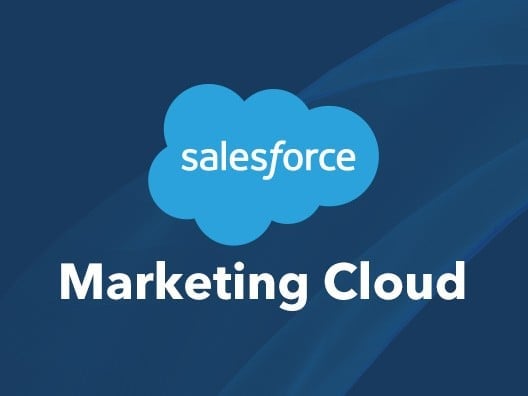
4.4
Salesforce Marketing Cloud helps you:
- Get to know your customers through unified profiles.
- Personalize offers across any channel with AI.
- Build lasting relationships that drive business growth.
Marketing Cloud is comprised of five main capability areas for marketers.
The key products within Marketing Cloud are:
- Data Cloud for Marketing (customer data platform)
- Personalization (real-time next best actions)
- Engagement (email, mobile, advertising, journeys, and loyalty management)
- Account Engagement (marketing and sales alignment, lead generation, and ABM)
- Intelligence (performance insights, analytics, and reporting).
3. Zoho
Overview:
Zoho, a multinational specializing in software development and cloud computing, offers an all-in-one marketing automation software. Capabilities include lead management, multi-channel marketing, channel attribution, web behavior marketing, and more. It seamlessly integrates with Zoho’s suite of business tools for expanded functionalities.
Pros:
- All-in-one solution with various capabilities.
- Integration with Zoho's suite for expanded functionalities.
Cons:
- Limited customization compared to some competitors.
Pricing:
- Standard: €14 per user per month, billed annually
- Professional: €23 per user per month, billed annually
- Enterprise: €40 per user per month, billed annually
- Ultimate: €52 per user per month, billed annually
4. Oracle
Overview:
Oracle provides a range of cloud marketing products, such as Bronto, Eloqua, and Responsys. Eloqua, tailored for B2B marketing, facilitates closed-loop marketing strategies, sales activity management, lead nurturing, cross-channel campaigns, and more. Integration with Oracle CX Marketing tools further extends capabilities.
Pros:
- Specific options for B2B and B2C marketing.
- Integration with Oracle CX Marketing tools for enhanced features.
Cons:
- May be perceived as complex for beginners.
Pricing:
Contact the vendor for pricing details.
Your Robust CRM Choice
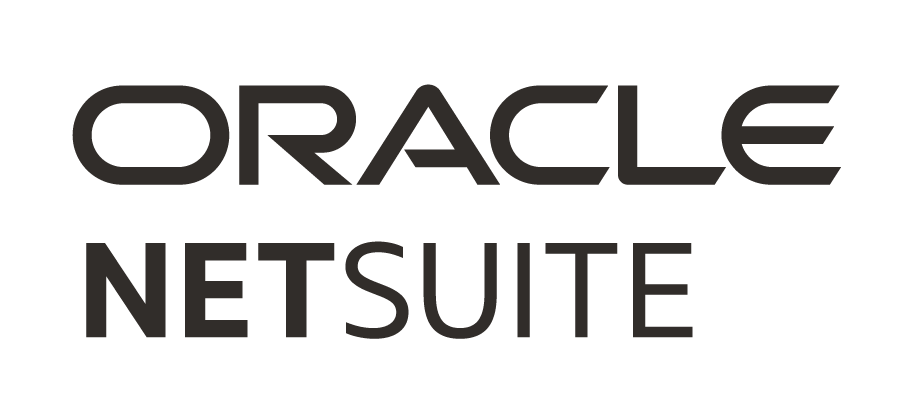
4.3
5. ActiveCampaign
Overview:
ActiveCampaign's Customer Experience Automation (CXA) platform offers email marketing, marketing automation, CRM, and sales automation solutions. With B2B capabilities, this powerful marketing tool enables companies to nurture customer relationships, grow their business, and enhance connections with target audiences through personalized messaging across various channels.
Pros:
- Simple visual overlay for automation understanding.
- B2B capabilities for personalized messaging.
Cons:
- Advanced features may require some learning.
Pricing:
- Lite: $29 per month
- Plus: $49 per month
- Professional: $149 per month
- Enterprise: contact the sales team
6. HubSpot
Overview:
HubSpot provides a versatile platform covering marketing, sales, and customer service. The Marketing Hub caters to B2B companies, offering a unified SaaS platform for attracting audiences, converting visitors into customers, and executing inbound marketing campaigns. Automation capabilities include content management, multi-channel customer engagement, account-based marketing, revenue attribution reporting, sales management, landing pages, email marketing, prospect engagement, service-centric modules, and more.
Pros:
- Comprehensive capabilities across marketing, sales, and service.
- Unified SaaS platform for seamless integration.
Cons:
- Paid plans may be on the higher side for smaller businesses.
Pricing:
- Free plan
- Starter: $20 per month
- Professional: $890 per month
- Enterprise: $3,600 per month
7. Marketo Engage

Overview:
Marketo Engage, part of the Adobe product suite, offers a robust solution for marketing automation for B2B brands. It empowers businesses to identify, engage, and streamline customer experiences. The suite encompasses email marketing, revenue attribution, and lead management tools, facilitating customer attraction, automated marketing campaigns, identification of potential leads, success rate measurement, and more. Integration with Adobe Experience Cloud unlocks additional features, including AI-driven analytics and content optimization.
Pros:
- Robust marketing automation capabilities.
- Integration with Adobe Experience Cloud for advanced analytics.
- Comprehensive suite covering email marketing, revenue attribution, and lead management.
Cons:
- May have a steeper learning curve for beginners.
Pricing:
Contact the vendor for pricing details.
8. Mailchimp

Overview:
What began as one of email marketing automation tools has evolved into a full-service automated marketing solution. Mailchimp offers a range of features, including social media ads, landing pages, CRM, lead generation, and audience segmentation. Its notable strength lies in its user-friendly interface, making it accessible for users with varying levels of automated marketing experience. Additionally, it seamlessly integrates with various task management and collaboration tools.
Pros:
- Easy-to-use interface suitable for all experience levels.
- Diverse features including social media marketing and CRM.
- Integration with various task management tools.
Cons:
- Advanced users may find limitations in certain functionalities.
Pricing:
- Free plan
- Essentials: $13 per month
- Standard: $20 per month
- Premium: $350 per month
9. Buffer
Overview:
Originally designed for social media content scheduling, Buffer has evolved to align with the way modern brands use social media. While it still simplifies content scheduling and curation, additional solutions like 'Reply' and 'Analyze' facilitate better collaboration across different teams within organizations.
Pros:
- Streamlined social media content scheduling and curation.
- Additional solutions for improved collaboration.
- Reflects the needs of contemporary social media usage.
Cons:
- Focus may be more specific to social media management.
Pricing:
- Free plan
- Essentials: $6/monthly for 1 channel
- Team: $12/monthly for 1 channel
- Agency: $120/monthly for 10 channels
10. Omnisend

Overview:
Omnisend stands out as a comprehensive marketing automation platform with a unique omnichannel functionality. This feature allows users to incorporate multiple channels into the same automation workflow, including email, SMS, push notifications, and Facebook Messenger. This enables the creation of immersive omnichannel experiences for customers, automatically delivering messages via their preferred channels. With advanced targeting, split automation, and an intuitive drag-and-drop builder, Omnisend offers a versatile and powerful marketing automation solution.
Pros:
- Omnichannel functionality for a seamless customer experience.
- Multiple channels in the same automation workflow.
- Advanced targeting and split automation features.
Cons:
- Users may need time to explore and fully utilize all functionalities.
Pricing:
- Free plan
- Standard: $16 per month
- Pro: $59 per month
[Related article: The Best Marketing Automation Software & Platform]
Wrapping Up
The realm of marketing automation is still in its early stages and experiencing continuous growth. Presently, there exists a multitude of conflicting opinions regarding the best digital marketing automation tool for each business. This complexity is heightened by the fact that many businesses often require a combination of various tools to comprehensively address their diverse needs.
Not every company or marketing team is currently equipped to embrace automation fully. However, as the marketing automation landscape evolves, B2B marketing automation tools have the potential to elevate a well-thought-out marketing strategy to unprecedented levels.
When the opportune moment arrives, leveraging digital marketing automation tools becomes a game-changer. By identifying your unique requirements and selecting the most fitting tools to address them, you can transform marketing insights into exceptional executions on a grand scale. The ultimate goal is to reduce the time spent on intricate details and administrative tasks, allowing you to focus more on the important tasks of business growth.
